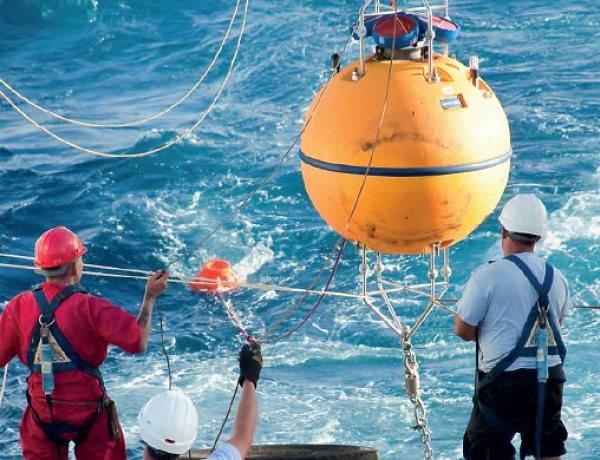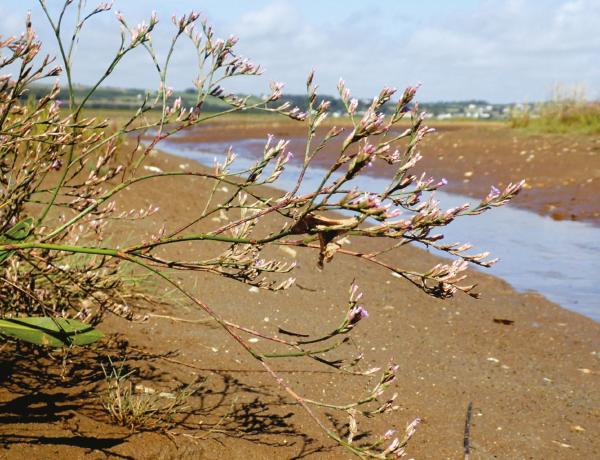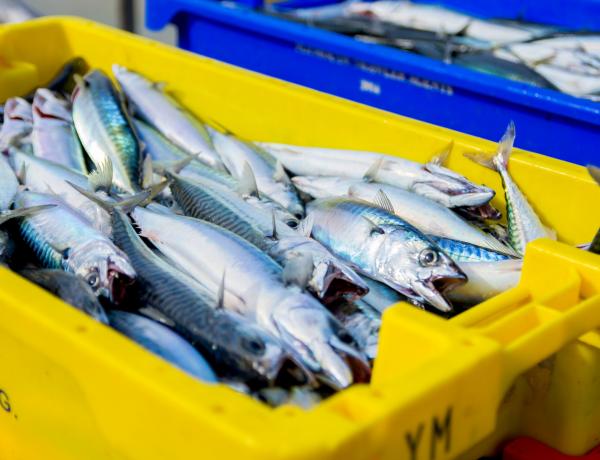IMPACTS EVIDENCE UPDATES
MCCIP provides an independent, authoritative overview of UK marine and coastal climate change impacts across ‘Physical environment’, ‘Ecosystem change’ and ‘Societal impact’ themes. Each topic provides headline messages on: what is happening, what could happen and key challenges and emerging issues. Confidence ratings are provided for ‘What is already happening’, and ‘What could happen’ by the topic authors and checked by reviewers based on (1) the amount of evidence available, and (2) the level of scientific consensus.
The underlying evidence is now being updated on a ‘rolling’ basis, ensuring the detailed topic reports, and their ‘highlight’ pages provide the most up-to-date information.
MCCIP commissions the contributing scientists and identifies appropriate specialists to peer-review the quality of the science, in accordance with the MCCIP Scientific Integrity and Independence (SIIRMs) model.
SPECIAL TOPICS
In addition to the comprehensive impacts evidence updates of UK marine climate change science, MCCIP periodically produces Special Topic Reports which focus on a key issue in more detail.
KEY CHALLENGES AND EMERGING ISSUES
MCCIP published a suite of outputs on ‘responding to key challenges in UK marine climate change’ in 2022 that built on the evidence presented in the 2020 MCCIP report card. They provided a snapshot of the key issues facing the UK marine climate change community and guidance on how to address them. This work will be revisited when the full suite of MCCIP topics have been updated in 2025.
An archive of all previous versions of the MCCIP Rolling Evidence Updates since 2020, and the preceding MCCIP report cards published between 2006 and 2020, along with their backing papers, can be found here.
Most Recent Updates:
- October 2025: Sea Temperature
- September 2025: Ocean Circulation
- August 2025: Oxygen
- June 2025: Shelf-sea Stratification
- April 2025: Storms and Waves
- February 2025: Ocean Acidification
- September 2023: Arctic Sea Ice
Most Recent Updates:
- February 2025: Marine Mammals (literature recently reviewed, no updates to paper required)
- December 2023: Seabirds and Waterbirds
- September 2023: Fish
Most Recent Updates:
- August 2025: Coastal Flooding
- February 2025: Aquaculture
- December 2023: Transport and Infrastructure
- September 2023: Fisheries, Cultural Heritage


